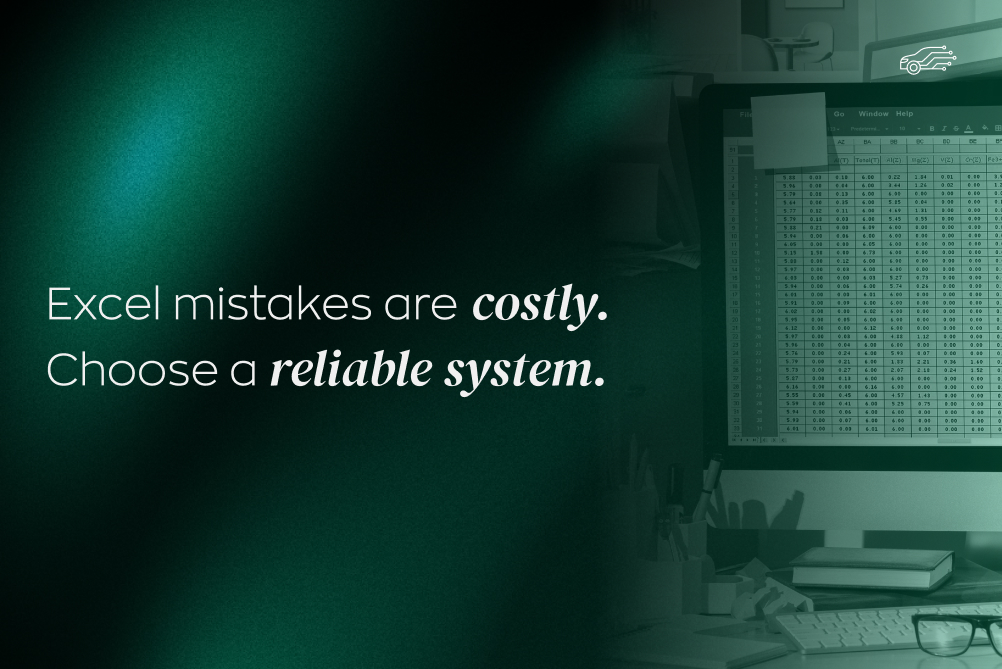Recently, while speaking about a new enterprise or a company, we often hear about startups. What does it mean, exactly?
Initially, building our own companies and businesses might come across as difficult and time-consuming, especially since a new firm always experiences a lot of ups and downs. Is it worth the risk? How do we find the necessary funding? A startup might be a solution.
Startup – A Simple Definition
The startup is a new company or a temporary organization looking for a business model which is going to assure that it grows and develops with profit. There are plenty of definitions of this word, however, some of the most common features of a startup are:
They are usually connected to the IT business; however, they may appear in other branches.
Most commonly, they are financed from the internal funds of the owners (a.k.a. bootstrapping – a startup without an investor) and from venture capital and angel investors. A company stops being a startup through gathering enough funds, a fusion, or a takeover.
What are the advantages?
Opening a startup has plenty of advantages, where low costs would be one of the biggest. We don’t need huge seed money to start a business like that and, therefore, it is a good opportunity for young, ambitious people who otherwise wouldn’t be able to start a business of their own. The support of the above-mentioned venture capital and angel investors serves as a great beginning and a chance for them.
What is more, another advantage would be the experience and insight into the national and international markets that we are able to gain. All startups, even those which fail in the future, teach us a lot and allow us to gain experience in the field. With the financial support, a young entrepreneur has plenty of time to learn new skills and, therefore, if they decide to open a business in the future, they’ll do much better.
What is more:
- The absence of an imposed business model leaves space for creativity and searching for new solutions.
- Startups, when led according to the demand in the market, have a high probability of success.
- The popularity and innovativeness of startups have led to the situation in which it’s fairly easy to find funding for our enterprise.
What’s the risk?
Unfortunately, opening a startup comes with a huge risk of failure. Even with a good start, a lot of companies declare bankruptcy. According to the “Startup Genome Report Extra on Premature Scaling” by the Stanford and Berkeley University, statistically 9 out of 10 startups will fail.
Within the first three years of functioning on the market, 92% of startups fail. What does it happen? There are a lot of various factors.
These are some of the most common causes of a startup failing:
- A lack of demand,
- Not thinking through the expenses,
- The team not cooperating,
- Losing with the competition,
- Wrong product/wrong business model,
- Wrong marketing,
- Bad time or bad organization (the lack of proper focus on the business),
- Lack of passion,
- Bad location,
- Lack of investor’s attention,
- Law,
- No following advice.
How to establish a startup?
If you’re thinking about opening a company, and you’re ambitious, patient, and hard-working, a startup is a solution for you.
Start with an idea
The first and at the same time the most important step is to think of an interesting project. It’s worth spending some time on it so that the idea is well put together and worth the investment. With the finished idea, it is worth thinking about a business model, which is a design according to which your company will work. It’s important to make it profitable and scalable.
Create a prototype of your business!
While thinking about the idea and the business model, it’s worth creating a prototype of the project, a.k.a. the Minimum Viable Product. This version should be as simplified as possible to reduce the costs.
The job of the MVP is to verify if the product has its place on the market. It’s worth checking it is as soon and cheap as possible so that we don’t risk introducing a product which has no future on the market and so that we can avoid failure.
Research the market
Calculate calmly. In the beginning, with a fresh idea and a finished prototype, we’re full of enthusiasm and set for success. However, it’s better to judge the situation with a fresh mind and carefully research the market on which you’re planning to do business.
Read, check, analyze, and don’t be afraid to ask questions. The more knowledge you have, the lesser the probability of potential problems and obstacles. Conduct some surveys among your future clients and get to know their opinions, because this is the secret of your product selling in the future.
Find the investors
It may not be easy but is crucial for your enterprise to succeed. There are plenty of organizations that will be able to help you with the project. Some of the major Polish ones are:
- StartInPoland
- Polish Development Fund,
- Academic Business Incubators
When you find the right investors, do what you can to convince them that your idea is worth their money. Have a business reasoning ready. It will serve as proof that there is a demand for the product or service you’re willing to offer.
Show them the results of the research you’ve conducted and be ready to answer their questions. Be as prepared as you can, so that you’ll avoid unwanted surprises.
Additionally, it’s worth working on marketing. Think of a strategy – where and when you will advertise to gather potential buyers. The chance of your success is low if you don’t show yourself to the world.
.jpg)
Marketing is your chance to earn money from your product. Since media is a great place to advertise, maybe you should consider cooperating with a PR agency, which will help you with this task.
After your company starts, it’ll be difficult to do everything on your own. It’s worth thinking about creating a team, which doesn’t have to be huge to start with. It’s important to work with competent and trustworthy people, who are as organized, ambitious, and hard-working as you.
The help with starting a business is extremely important. There are many solutions and no need to create a multi-level team with a fixed hierarchy at the very beginning. Just a couple of people we trust will be enough. Of course, another option is to outsource some work.
Popular Polish startups that actually succeeded
Brand24
This tool allows us to monitor the Internet has achieved international success. You’ll be able to use it to find out what people think about your field of business, you’ll see what social media users say about your company, and find opinions about it on news websites, blogs, forums, reviews, and more.
Michal Sadowski started the company with three co-owners, Piort Wierzejewski, Dawid Szymanski and Karol Wnukiewicz. The beginnings were far from easy, but now the company cooperated with some of the most recognizable firms in the country, such as IKEA, H&M, Carlsberg, or Intern.
PayLane
The company was established in 2005 by Karol Zielinski and was recently purchased by Polskie ePlatnosci Online. It’s an online payment gate used in 26 countries all over the world, allowing accepting payment from over 200 countries. They offer cards (like Visa or Mastercard), Google Pay, bank transfer, and many more alternative methods.
Booksy
Booksy is an alternative to phone calls and booking appointments for many services, such as a make-up artist, hairdresser, dentist, and more. This simple app saves its users a lot of stress and time. No wonder it gets popular all around the world. All you need to do is to go to the profile of a place that interests us, select a service, and find the right spot in the calendar.
It makes the work easier for the companies, too, as it grants access to a simple calendar with all bookings in one place. It was established by Stefan Batory and Konrad Howard.
Packhelp
Wojciech Sadowski, Maciej Zajac, Maciej Wozniczko and Konrad Kwiatkowski established this tool for designing and ordering packaging. The client can order at least 30 pieces, which will be personalized for him by the company. You can choose the size of the box, type of material, and print. In 2019 the company got 10 million dollars from its sponsors. Among its clients, we can find giants like H&M, Uber, Google, BMW, and Wrangler.
The world of startups is growing! It’s obvious!
Startups in Poland are developing more and more each year. Not so far in the past, they started appearing more often in the context of newly-opened firms. With the number of fresh ideas, the number of possibilities for future business owners is growing.
According to Google’s data from 2020, in the last five years, the number of Polish startups has doubled. Currently, there are about 4.7 thousand of them operating in the country and abroad. Do you have a startup? Are you in a need of a mobile or web app for it? Let’s talk!
.jpg)




.webp)

.png)




.jpg)
.jpg)


.jpg)
.jpg)



.jpg)
.jpg)
.jpg)
.jpg)
.jpg)
.jpg)

.jpg)
.jpg)
.jpg)
.jpg)
.jpg)
.jpg)
.jpg)
.jpg)
.jpg)
.jpg)






.jpg)
.jpg)
.jpg)

.jpg)

.jpg)


.jpg)
.jpg)

.jpg)
.jpg)

.jpg)

.jpg)
.jpg)
.jpg)

.jpg)
.webp)

.webp)


.jpg)









.webp)


.webp)






















